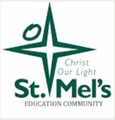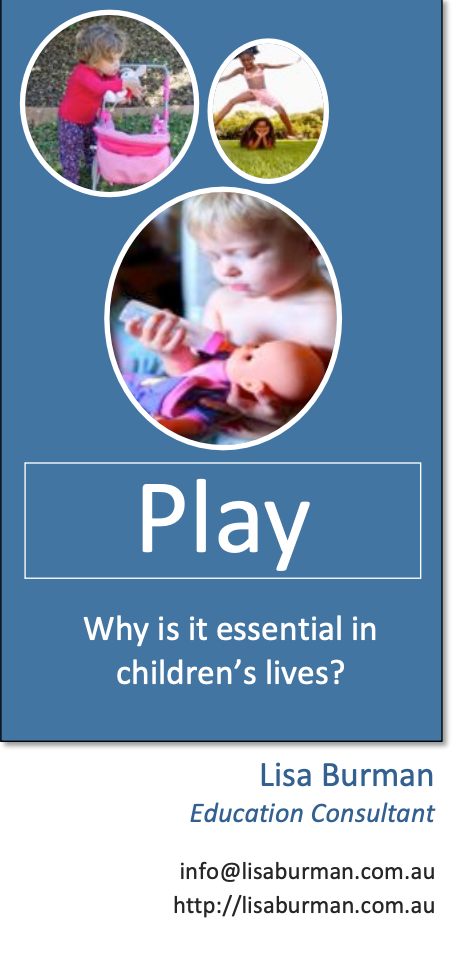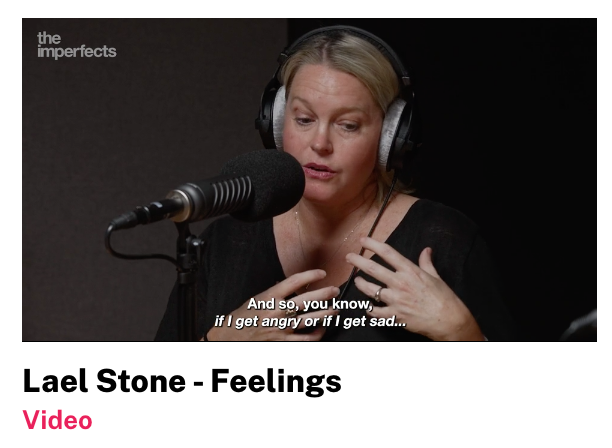Principal Parenting News

Parent Corner
Talking to Children / Young People about the Hamas-Israel Conflict
Infomation for Catholic Education Sandhurst Limited:
Extensive media coverage of the Hamas-Israel conflict may mean parents, caregivers and teachers are faced with the complicated task of discussing the war with children and young people. Conversations may be difficult but important, as research indicates war and traumatic events on a global scale can affect children and young people.
Guides on how to conduct these important conversations are provided in the links below:
- Australian Psychological Society (APS) - How to Talk to Children about the Hamas - Israel Conflict
- Emerging Minds - Talking to Children about Natural Disasters, Traumatic Events or Worries about the Future
- Unicef's 8 Tip Guide - How to Talk to your Children about Conflict and War
When conflict or war make the headlines it can evoke feelings such as fear, anger or anxiety. Prayer provides an opportunity for action, calm, support and comfort in times of distress and disruption. The Catholic Mission & Identity Team has provided A Prayer for Peace during troubled times.
GRATITUDE - is a gift and we often talk to our students of the things they are grateful for. The following clip is from Hugh van Cuylenberg founder of the Resilience Project. Some of you may be familiar with Hugh’s messages. If not, it’s worth taking the time to check out his work regarding teaching students and adults about Gratitude, Empathy and Mindfulness.
https://www.youtube.com/watch?v=Ri2mgRMUrCI
Kids online ~ esafety. https://www.esafety.gov.au/parents
Please remember to monitor your children’s online behaviour carefully and limit the time they are spending online. We have had reports of bullying using the app ‘Kids Messenger’. PLEASE talk to your children regarding this and be aware of your children’s online behaviours. Having set times for online usage, only use technology when other people are around, don’t allow children to take devices to their bedrooms, and having clear consequences in place for unacceptable use etc are good ways to keep your children safe.
School Philosophy ~ Who we are and what we do at St. Mel's
Below is an extract from our Learning Philosophy…
Playful learning to inquiring minds,
Inquiring minds to cooperative learners,
Cooperative learners to self directed individuals.
Developing creativity through learning.
At St Mel’s we acknowledge that the child is a capable person and is able to make meaning of their world around them. A Community of Inquiry is one that is committed to engaging in all learning opportunities through an inquiry approach. The language and phases of inquiry associated with this approach are paramount to its success. Learners are immersed in and experience the process of Tuning In, Finding Out, Sorting Out and Taking action. As part of this process, learners are required to engage with each other as researchers, thinkers, collaborators, communicators and self-managers. These are referred to as learning assets. Further to these assets we wish to nurture certain dispositions such as being curious, courageous, open-minded, flexible, persistent, resilient, responsible, reflective, empathetic, compassionate, reliable, confident, responsive, respectful and resourceful. These assets and dispositions are not learnt overnight but they are nurtured through the learning opportunities that are masterfully facilitated by expert educators who listen attentively to student voice, in other words, your son or daughter's teachers.
As Kath Murdoch, a leading educational consultant on whom we base much of our learning and teaching says, ‘Teachers who use inquiry-based methodologies have a firm belief in the transformative power of ownership. When students feel they are the ones ‘doing the learning’ rather than the teacher ‘doing the learning to them’ they are undoubtedly more engaged, and with engagement comes increased potential for learning’ (Murdoch, 2015).
This approach is far from an afternoon of integrated learning. A community of Inquiry is totally committed to engaging in an inquiry approach in all learning. Such an approach captures much of the educational literature that promotes lifelong learning and what are called 21st century competencies such as being adaptable and flexible to new information, being creative and being able to solve and consider real-world problems. Through these competencies, we hope all students graduating from St Mel’s are equipped with the skills, attitudes and social attributes necessary to have a successful and rewarding life.
Your child’s teachers are the experts and are more than happy to discuss with you, at any time, your child’s education, setting goals and working towards developing the assets they need to be successful contributors to society.
~ Reading Tips ~
Please use the following information to reinforce a few points about reading with your children.
There are so many different elements to reading & learning to read that might not always come easy to our kids. Below are a few things that you can be doing at home with not only the readers but any books that you read.
Firstly, reading is more than simply reading words from a page, reading is about:
- Comprehending or understanding what is being read
- Reading with fluency
- Using strategies to decode or sound out tricky words
- Re-reading the text, for meaning or understanding
- Making predictions about what is being read
- Retelling what is happening
- Sparking interest, curiosity and exploration
How can you build a reader at home?
* Explore different types of texts Look at a variety of books, magazines, newspapers, online articles. Make good use of both your own books but also the local and school libraries. Find books that fit your child, books that are interesting!
* Make it fun!
Reading should not be a chore! Intentionally read with your child, use opportunities to discuss books, research together, and complete activities. Making reading fun, enjoyable and a special time develops a love of reading (once this is established great things usually follow).
* Ask questions
Question your children about what they have read. Asking questions such as - who are the main characters, what is happening or what is the problem, when does the story take place, where does the story take place, why is there a problem & how is the problem solved, are all types of easy questions you can ask to help your child develop a deeper understanding about what they are reading.
Please do not get caught up on your child's reading level, as you know children develop at different rates it is not helpful to compare children to their peers.
Here are some great readings and resources for you, our parents & guardians to investigate and explore over the long weekend & couple of weeks ahead:
Listen:
A great & timely listen for the long weekend for the adults - ‘mojoexpresso ~ a more Playful episodes’’
https://podcasts.apple.com/au/podcast/a-more-playful-episode/id1638228710?i=1000575069238
** Play is often misunderstood ~ How do we define play? How can we cultivate a more playful spirit in our day-to-day lives?
Read:
** A recommended read ~ Lisa Burman Education Consultant - Parent Resources
The importance of Play:
Watch:
The Resilience Project - Parents and Caregivers
https://theresilienceproject.com.au/at-home/parents/ Lael Stones ~ Feelings



